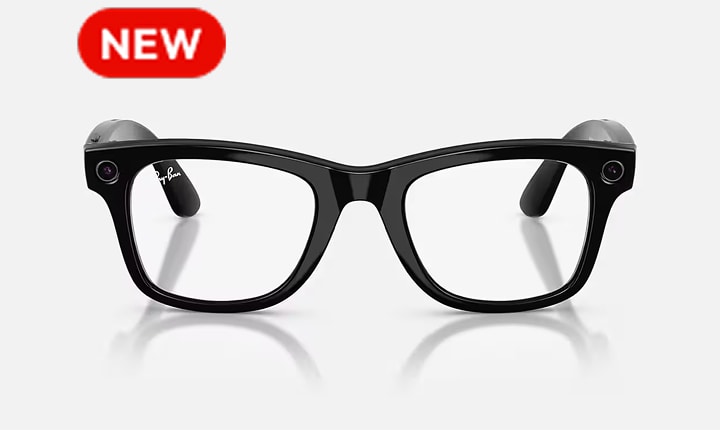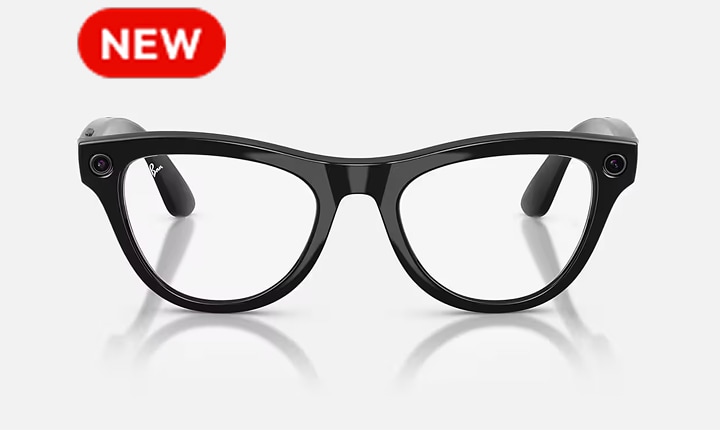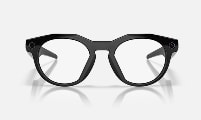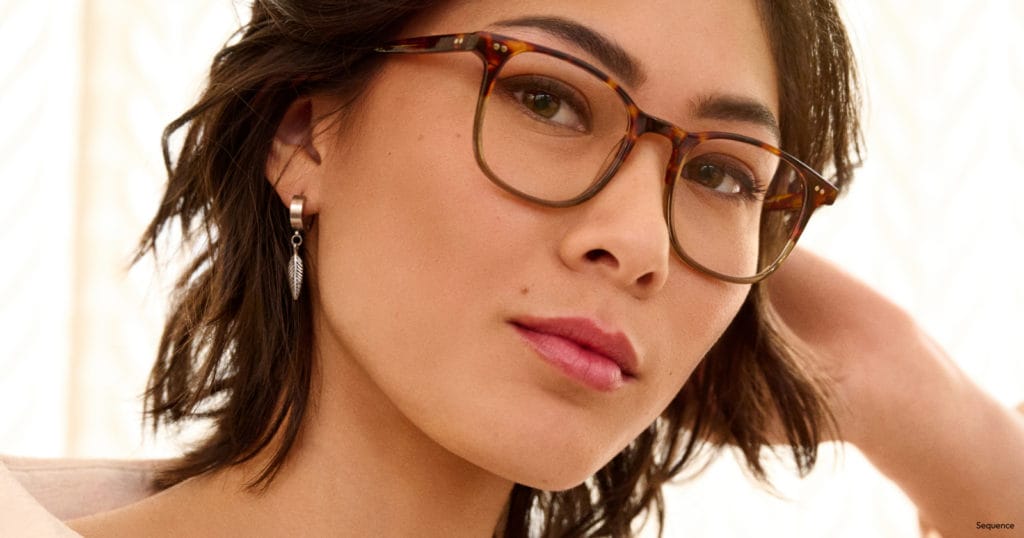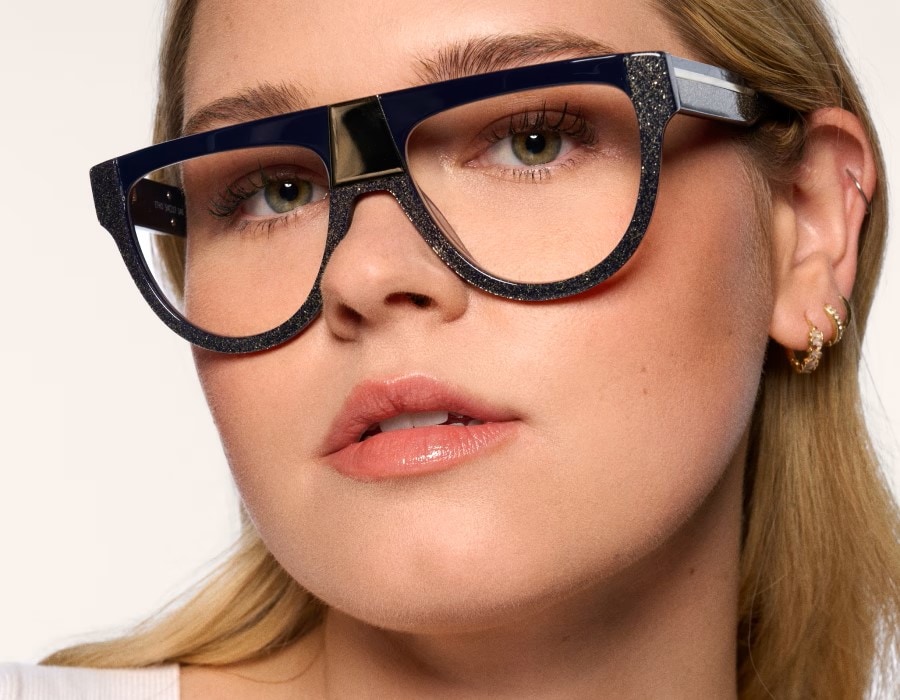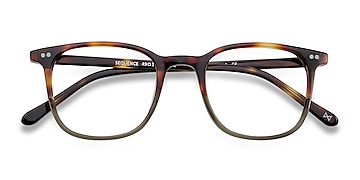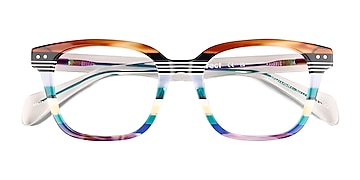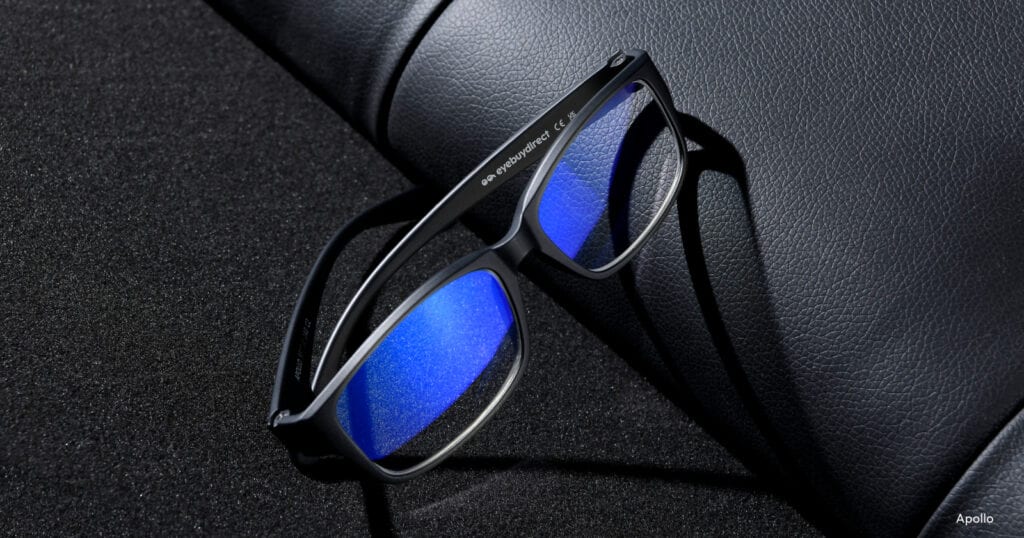What is Eye Dilation?
Eye dilation is a vital part of a comprehensive eye examination. It allows eye doctors to examine the retina and optic nerve, located at the back of the eye, more effectively. This can help them identify conditions such as retinal detachment, glaucoma, or diabetic retinopathy. It’s essential for maintaining eye health and detecting problems early.
During an exam, the eye doctor administers special drops to enlarge your pupils. It generally takes 15 to 30 minutes for full dilation. Once dilated, your pupils remain large for a few hours, providing the doctor with a clear view of the back of your eyes.
You may experience a mild sting when the drops are applied. Once the drops take effect, blurry vision and increased sensitivity to light are common. Wearing sunglasses can help with these side effects.
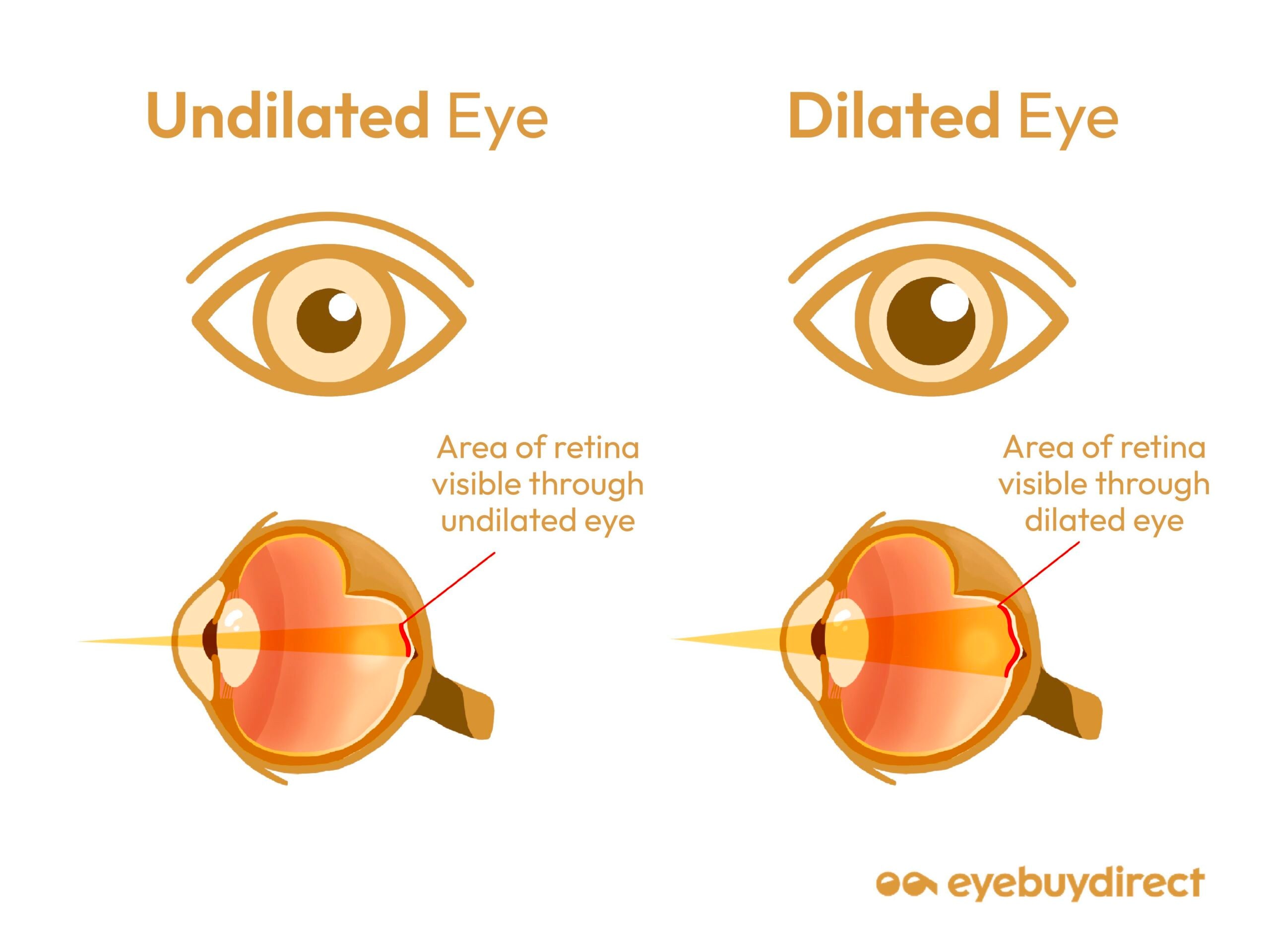
How Long Does Eye Dilation Last?
Eye dilation is routinely performed during eye exams to enhance the view of the back of the eye, where the retina and optic nerve are. Typically, dilation effects last 3 to 6 hours, although several factors may influence this duration.
Factors Influencing Dilation Duration
- Age – Younger individuals may experience prolonged dilation as their pupils tend to react more.
- Eye color – People with light-colored eyes, such as blue or green, might notice longer dilation compared to those with darker eyes.
- Medication – Certain medications can alter the duration of dilation. Inform your eye doctor about any medications you are taking.
- Health conditions – Conditions like diabetes may impact how long dilation lasts.
How to Make Eye Dilation Go Away Faster
Eye dilation is common in many eye exams and helps your eye doctor assess the back of your eye. This process can cause temporary effects such as light sensitivity and blurred vision.
There aren’t many ways to speed up the process of getting your pupils back to normal. In the past, optometrists would apply Rev-Eyes (dapiprozole) — a medication that could reverse dilation in as little as 1–2 hours. However, it’s rarely used these days because of the medication’s cost and side effects.
Here are some simple tips to alleviate the temporary effects and encourage a smooth recovery:
- Be patient – The effects of dilation typically resolve within a few hours. Waiting it out is often the best option.
- Avoid bright lights – Increased light sensitivity may occur due to dilating drops. This is because enlarged pupils allow more light to enter the eye. Wearing sunglasses can reduce discomfort by shielding your eyes from bright lights.
- Rest your eyes – Blurred vision is another common effect, making it difficult to read or focus on nearby objects. Avoid activities requiring near focus, like reading, until these effects subside. Resting your eyes and staying in dimmer environments can also help.
Managing the Effects of Eye Dilation
When dilation eye drops are first applied, you may feel some stinging in your eyes. Some eye doctors will apply a numbing agent first to alleviate the stinging sensation of the dilation drops.
The most common side effects of having your pupils dilated include:
- Light sensitivity
- Blurred vision
- Difficulty focusing, especially on close-up objects
To manage these side effects, you should avoid near work (like reading) and wear sunglasses to help with any light sensitivity.
Though rare, it’s possible to have an allergic reaction to dilation eye drops. Signs of this include:
- Flushing of the face
- Increased pulse
- Fever
- Dry mouth
- High blood pressure
- Drowsiness
- Constipation
If you experience any kind of unexpected reaction or side effects, let your doctor know so they can assess and monitor your situation.
What Not to Do After Eye Dilation
Since your pupils will probably still be dilated immediately after your eye exam, it’s important to know what activities to avoid so you can plan around it. Here are some of the main things you should avoid when your pupils are dilated:
- Driving – The blurred vision you experience with pupil dilation makes it unsafe to drive after your eye exam. If the sun’s out, it could be even worse. It’s best to make arrangements for someone else to drive while your eyes are dilated.
- Screen use – Bright light from the sun or a screen can be irritating with dilated pupils. Plus, focusing on a smartphone or tablet can be difficult.
- Eye rubbing – Eye rubbing isn’t particularly good for your eyes anyway, but it can be especially harmful when your pupils are dilated. Try to close and rest your eyes until your pupils return to normal and apply artificial tears if your eyes feel itchy.
- Near work – Near work is challenging because it’s hard for your eyes to focus up close while you have dilated pupils. If you try to “fight through the dilation,” it can lead to eye strain. It’s best to just wait until your eyes are back to normal.
- Machinery use – Do not try to use kitchen appliances, power tools, or workout equipment while you have dilated pupils. With your vision compromised, you are not able to operate them safely.
If you’re worried that eye dilation may conflict with an important event, discuss your concerns with your eye doctor before you schedule an exam.
Safety and Precautions
Most people recover from eye dilation without issues. However, if prolonged effects or discomfort occur, contact your eye doctor. Persistent symptoms might indicate a more significant issue requiring a check-up.
By following these suggestions, you can effectively manage the effects of eye dilation. Prioritizing your eye health and taking appropriate steps post-exam enhances comfort and recovery.
FAQs About Eye Dilation
Eye dilation is a routine part of eye exams that prompts frequent questions. Here are some common inquiries about the procedure and its effects:
Why Are Pupils Dilated?
Pupil dilation is vital for a detailed eye exam. It enhances the view of the retina, optic nerve, and blood vessels at the back of the eye. Eye dilation enables the early detection of issues such as glaucoma, macular degeneration, and diabetic retinopathy. This step is crucial for maintaining eye health.
What Happens During Eye Dilation?
The eye doctor administers drops that widen the pupils, a process known as mydriasis. It temporarily hinders the muscles that control pupil size, taking about 15 to 30 minutes for the drops to take effect. Once dilated, the pupils remain enlarged for several hours, allowing a thorough examination.
How Does Eye Dilation Affect Vision?
Dilated pupils can cause blurred vision and increased light sensitivity, as more light enters your eye. Bring sunglasses to your appointment to mitigate light sensitivity afterward. Avoid activities requiring clear vision, such as driving, until these effects subside.







